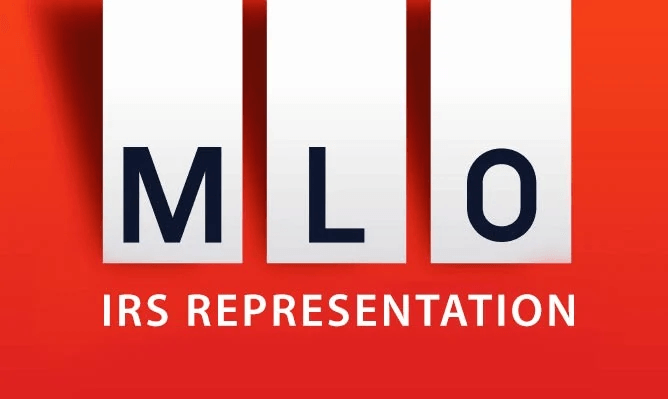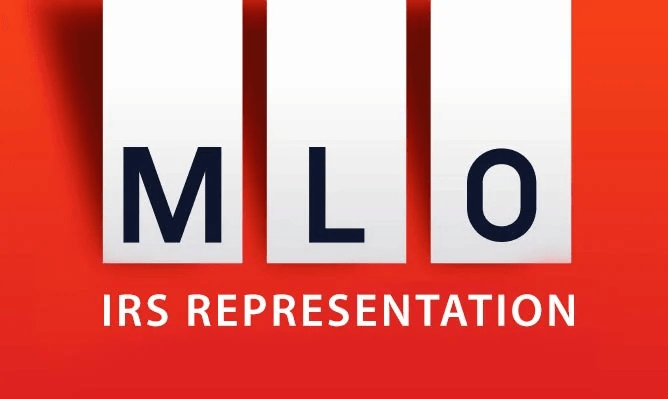Installment Agreements
If you owe money to the Internal Revenue Service, but cannot or do not want to pay the full amount immediately, you may be able to enter into a payment plan to pay off your IRS tax debt over time. These payment plans are called Installment Agreements.
There are several types of Installment Agreements available to taxpayers, depending on the specific circumstances of the case. Different conditions apply for each type of agreement. Installment Agreements require that the taxpayer have filed all required past due tax returns.
Guaranteed Installment Agreement
If you owe less than $10,000 (not including penalties and interest) the Internal Revenue Service is required to enter into a payment plan with you if certain conditions are met. Several conditions apply:
- The payment plan will pay off the entire tax liability within three years.
- All tax returns must be filed and all taxes due on those returns must be paid during the term of the arrangement.
- You have not previously been in a payment plan with the Internal Revenue Service within the last five years.
Streamlined Payment Plan
If you owe $50,000 or less ($25,000 or less for businesses), the Internal Revenue Service is not required, but will generally enter into an IRS tax payment plan with you that will allow you to pay off the tax debt over six years, even if you are financially able to pay it off sooner. Under this type of payment plan, you are not required to disclose financial information, but the full tax debt must be paid off before the Statute of Limitations expires.
In-Business Trust Fund Express
Businesses with employees are required to withhold income, Social Security and Medicare taxes from their employees’ paychecks. These amounts are then paid to the IRS at the end of every quarter. Until these amounts are paid to the IRS, the business holds onto the funds in trust (meaning, for the benefit of a third party, here, the Internal Revenue Service). These taxes are therefore called Trust Fund taxes because the business holds these taxes on behalf of the Internal Revenue Service. If a business fell behind in making these payments to the IRS and the IRS has sent the business a bill for these taxes, the Internal Revenue Service is not required, but generally agree to a payment plan, provided that the amount due is $25,000 or less and the entire tax debt will be paid within 24 months.
Negotiated
If a taxpayer does not qualify for any of the agreements above (usually because the liability is too large or because the whole liability will not be able to be paid off before the Statute of Limitations expires), the IRS will usually still allow you to pay off your Internal Revenue Service debt over time. In depth information about your assets, income and expenses is required. The Internal Revenue Service will generally not permit a payment plan if you have enough cash to pay the debt immediately, or if you can borrow against your assets. This last point tends to be negotiable with the Internal Revenue Service.
This type of agreement can result in what is called a Partial Payment Installment Agreement, which is a payment plan that results in your tax debt not being fully paid off before the Statute of Limitations expires. If this happens, you will no longer owe the Internal Revenue Service what you haven’t paid by the time your tax debt expires.
A Partial Payment Installment Agreement is often a good alternative to an Offer in Compromise.
Each of these Internal Revenue Service tax payment plans has its own set of benefits and drawbacks, and its own complex set of rules and strategies. Contact a
Dallas IRS Lawyer at the Margolies Law Office to see if an Installment Agreement is a good option to resolve your Internal Revenue Service Issue.
Installment Agreements
If you owe money to the Internal Revenue Service, but cannot or do not want to pay the full amount immediately, you may be able to enter into a payment plan to pay off your IRS tax debt over time. These payment plans are called Installment Agreements.
There are several types of Installment Agreements available to taxpayers, depending on the specific circumstances of the case. Different conditions apply for each type of agreement. Installment Agreements require that the taxpayer have filed all required past due tax returns.
Guaranteed Installment Agreement
If you owe less than $10,000 (not including penalties and interest) the Internal Revenue Service is required to enter into a payment plan with you if certain conditions are met. Several conditions apply:
- The payment plan will pay off the entire tax liability within three years.
- All tax returns must be filed and all taxes due on those returns must be paid during the term of the arrangement.
- You have not previously been in a payment plan with the Internal Revenue Service within the last five years.
Streamlined Payment Plan
If you owe $50,000 or less ($25,000 or less for businesses), the Internal Revenue Service is not required, but will generally enter into an IRS tax payment plan with you that will allow you to pay off the tax debt over six years, even if you are financially able to pay it off sooner. Under this type of payment plan, you are not required to disclose financial information, but the full tax debt must be paid off before the Statute of Limitations expires.
In-Business Trust Fund Express
Businesses with employees are required to withhold income, Social Security and Medicare taxes from their employees’ paychecks. These amounts are then paid to the IRS at the end of every quarter. Until these amounts are paid to the IRS, the business holds onto the funds in trust (meaning, for the benefit of a third party, here, the Internal Revenue Service). These taxes are therefore called Trust Fund taxes because the business holds these taxes on behalf of the Internal Revenue Service. If a business fell behind in making these payments to the IRS and the IRS has sent the business a bill for these taxes, the Internal Revenue Service is not required, but generally agree to a payment plan, provided that the amount due is $25,000 or less and the entire tax debt will be paid within 24 months.
Negotiated
If a taxpayer does not qualify for any of the agreements above (usually because the liability is too large or because the whole liability will not be able to be paid off before the Statute of Limitations expires), the IRS will usually still allow you to pay off your Internal Revenue Service debt over time. In depth information about your assets, income and expenses is required. The Internal Revenue Service will generally not permit a payment plan if you have enough cash to pay the debt immediately, or if you can borrow against your assets. This last point tends to be negotiable with the Internal Revenue Service.
This type of agreement can result in what is called a Partial Payment Installment Agreement, which is a payment plan that results in your tax debt not being fully paid off before the Statute of Limitations expires. If this happens, you will no longer owe the Internal Revenue Service what you haven’t paid by the time your tax debt expires.
A Partial Payment Installment Agreement is often a good alternative to an Offer in Compromise.
Each of these Internal Revenue Service tax payment plans has its own set of benefits and drawbacks, and its own complex set of rules and strategies. Contact a
Dallas IRS Lawyer at the Margolies Law Office to see if an Installment Agreement is a good option to resolve your Internal Revenue Service Issue.
Free Consultation
We will get back to you as soon as possible.
Please try again later.
SIGN UP FOR OUR NEWS LETTER
We will get back to you as soon as possible.
Please try again later.
Copyright © MLO IRS Representation 2021.

